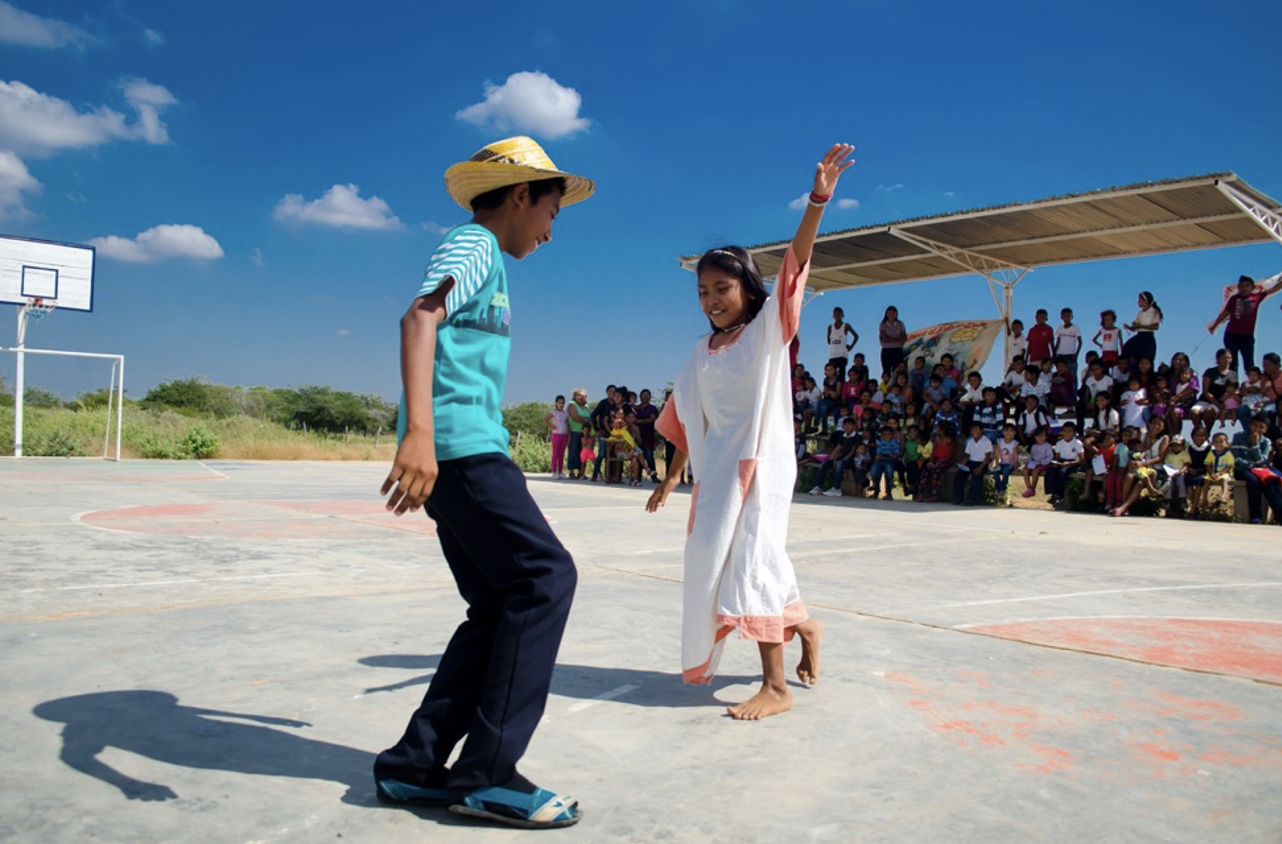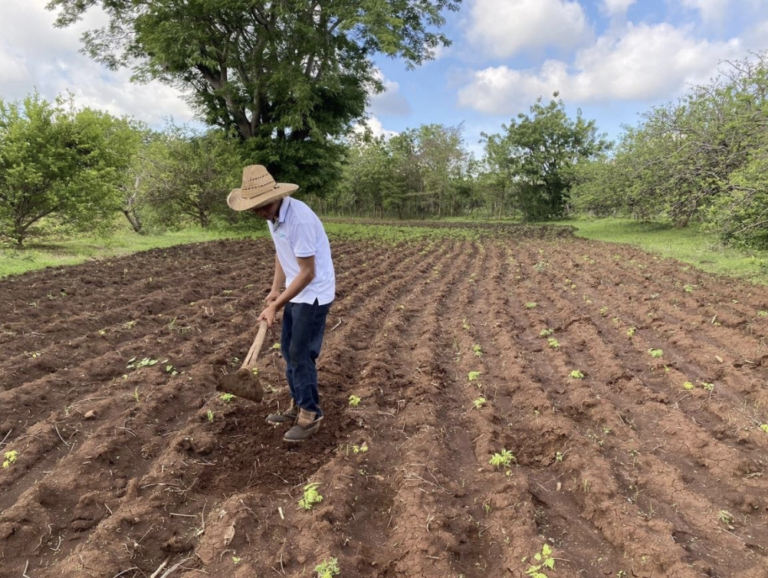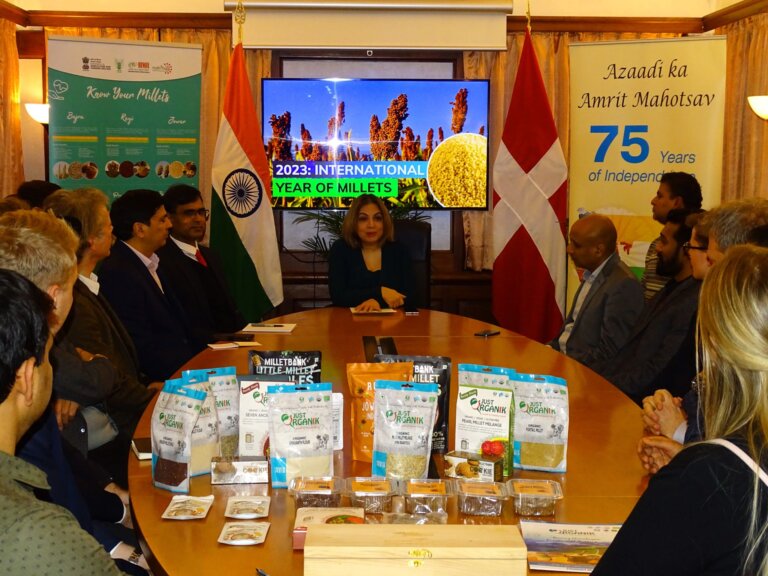Venezuela – located on the northern coast of South America, and bordering three countries and two water bodies – is a country abundant in ecological and human resources. However, the country is facing an increasing rate of environmental degradation and a slow transition to a sustainable and net-zero carbon economy. The country’s ongoing socio-cultural tensions and economic instability hamper community and ecological resilience. The country faces insecurity in energy, water, food, and other basic necessities.
Despite the challenges, there is hope in Venezuela for a transition to a more sustainable future. Pioneering grassroots organizations are creating scalable models to combat climate change, food insecurity, and other disruptions. One such pathbreaking organization, The Wayúu Tayá Foundation, focuses on the education of traditional indigenous practices and preservation of cultural heritage for Venezuela’s tribal youth, while also helping them adapt to a modern society and changing climate through Project Apüna, or PATH Project.
The Wayúu Tayá Foundation champions replicable indigenous social, ecological, and economic models of resilience through education, inclusion, and cultural preservation.
The Foundation’s PATH Project engages indigenous youth at primary schools, encourages them to attend classes, and provides students with two nutritious meals each day.
Before the PATH Project, Jasay Iguarán, a 3-year-old Wayúu girl, and her three older siblings had to walk several kilometers for their meals. The PATH Project not only ensures that healthy food is available for them locally, but also for their mother and one-year-old sibling Luis.
“I am happy, now that I no longer have to walk long distances with my brothers just to eat, and bring some food home to my family.” -Jasay Iguarán
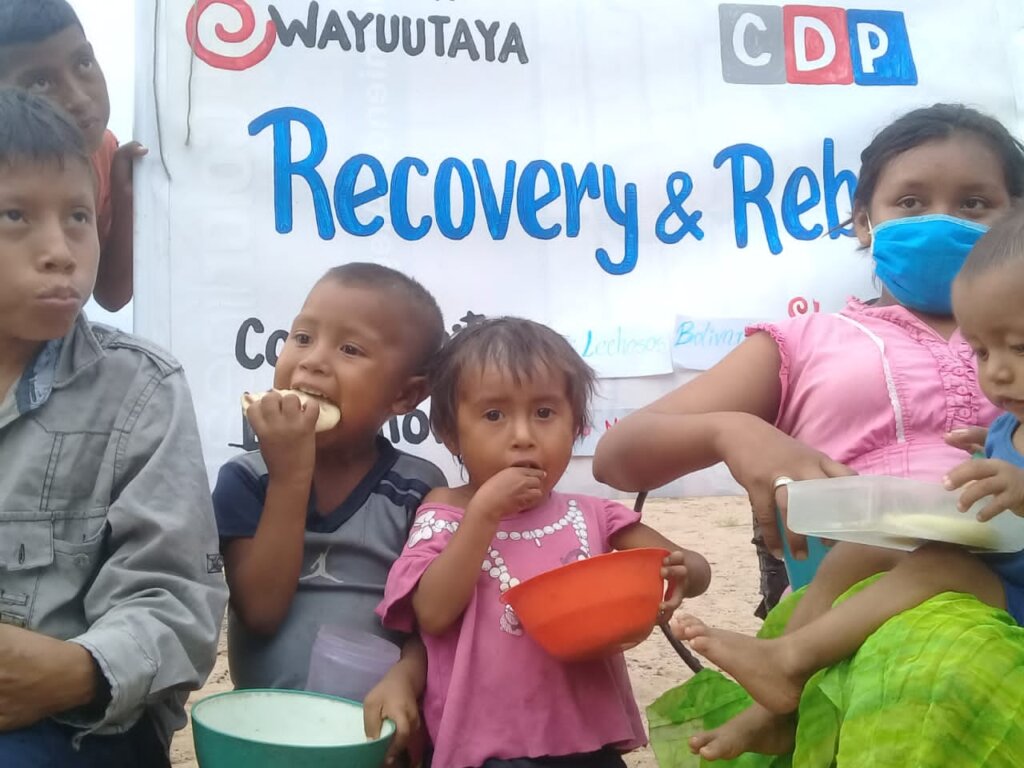
The PATH Project provides indigenous youth with nutritious foods that will help them develop, both mentally and physically. Guaranteed meals also boost school attendance rates significantly.
Emily Atencio, who lives in the 17 de Enero community, now eagerly awaits the food basket delivered each week with support from The Wayúu Tayá Foundation.
“I like vegetables, grains and fruits- especially pineapples. I wish I could eat them every day; they are my favourite.”– Emily Atencio.
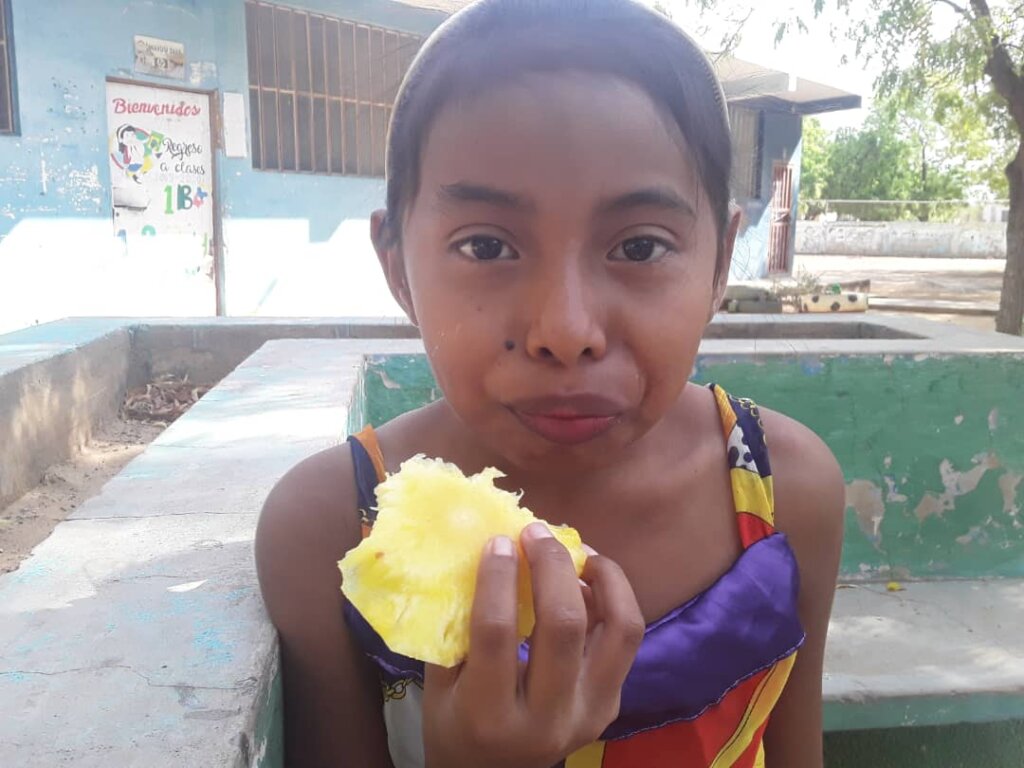
Coupled with the meal plans are educational programs that are designed to preserve traditional wisdom on achieving a balanced and healthy life.
As its next step, the Foundation is developing vocational training centers that focus on organic agriculture, post-harvest processing programs, sustainable incomes for community members, and greater economic resilience. The PATH Project is a micro-model with the potential to be replicated all over the world.
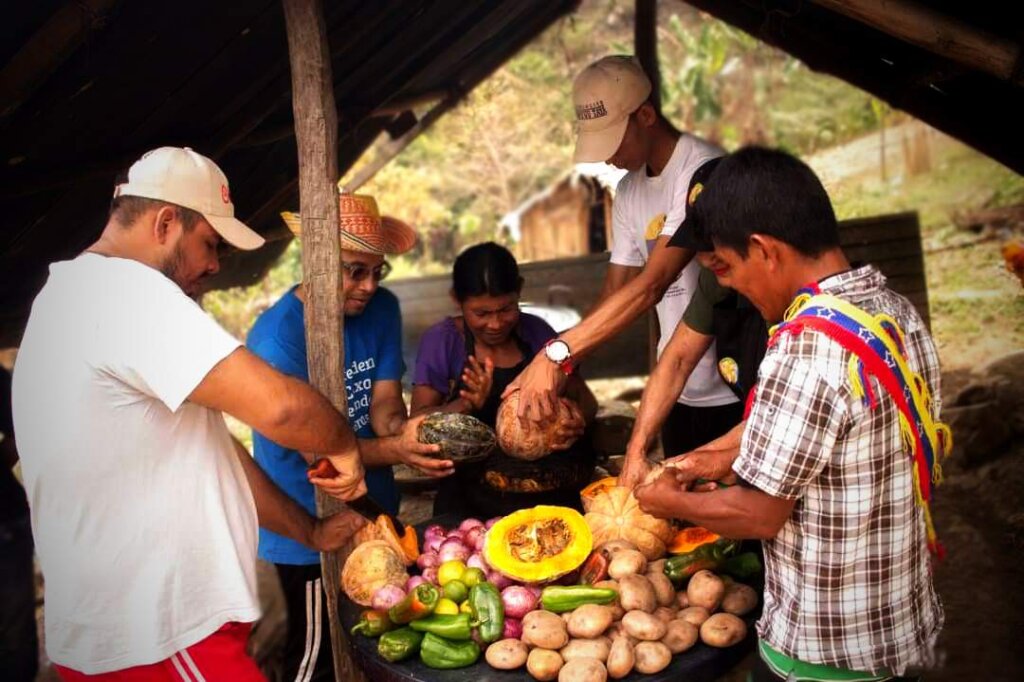
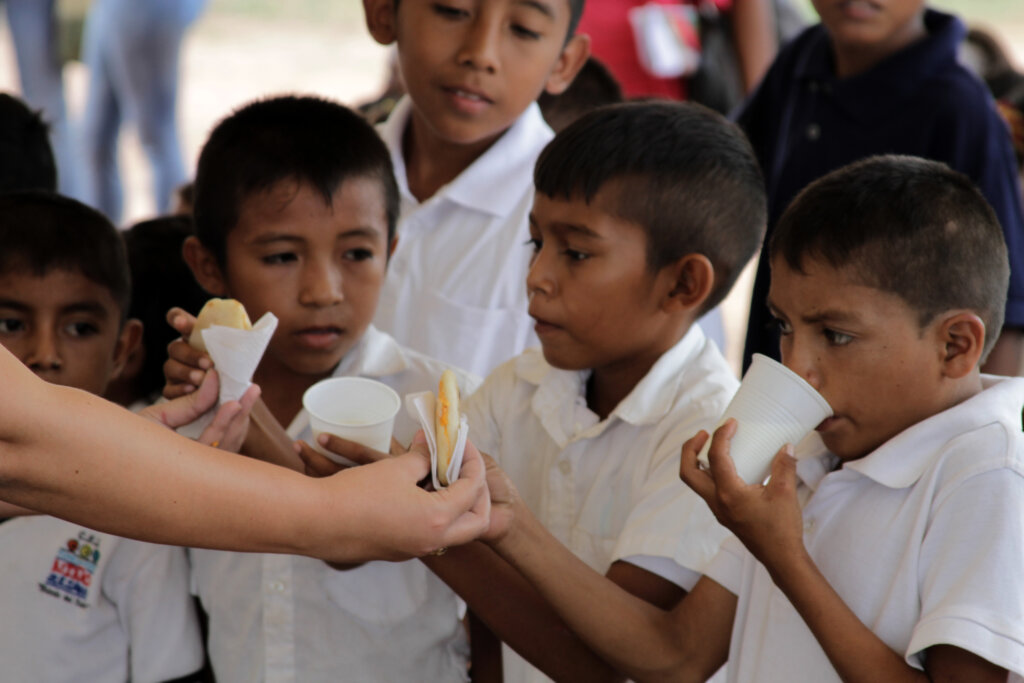
The Wayúu Tayá Foundation was launched 18 years ago by Patricia
Velásquez. It began as a New York not-for-profit corporation to help improve the lives of Indigenous People in Latin and South America and the Caribbean. The Foundation develops solutions for people facing challenging political, medical, physical, and social instability in their surroundings. Foundation initiatives have created vocational opportunities while feeding 19,000 people every day in Maracaibo on the Colombia-Venezuela border.
The United Nations Declaration on the Rights of Indigenous Peoples (UNDRIP) has enshrined the rights of Indigenous People to strengthen their institutions, cultures, and traditions. While not legally binding, the declaration establishes a clear and influential pathway to strengthen Indigenous Peoples’ rights, freedoms, and participation, globally.
Accountability and traceability are key tenets and part of The Wayúu Tayá Foundation’s approach to building a trustworthy and dignified humanitarian organization. Its credibility and impact derive from established partnerships with reputable international organizations such as UNICEF, UNHCR, UNESCO, OAS, The Red Cross, and Amnesty International. These leading organizations have channeled resources through the Foundation and its networks to support the indigenous communities that it serves.
“Indigenous customs have always been sustainable since the beginning of time. You take from the land and you give back to the land. There’s always that perfect balance. This is something that society is now losing.” – Patricia Velásquez, President, The Wayúu Tayá Foundation
One of the key drivers for the Foundation is the preservation and respect for indigenous traditions and heritage. All program volunteers work towards strengthening cultural values and resilience of the land through circular economic activities, ecologically driven education programs, and safe and inclusive centers of humanitarian support. The inclusion of tribal youth in a formal education setting provides access to the fundamental tools needed to build a vibrant society and a sustainable future. The vocational team at The Wayúu Tayá Foundation has launched a creative educational program that combines traditional knowledge and wisdom with on-the-ground sustainable cultivation practices, thereby teaching children about sustainable living off the land.
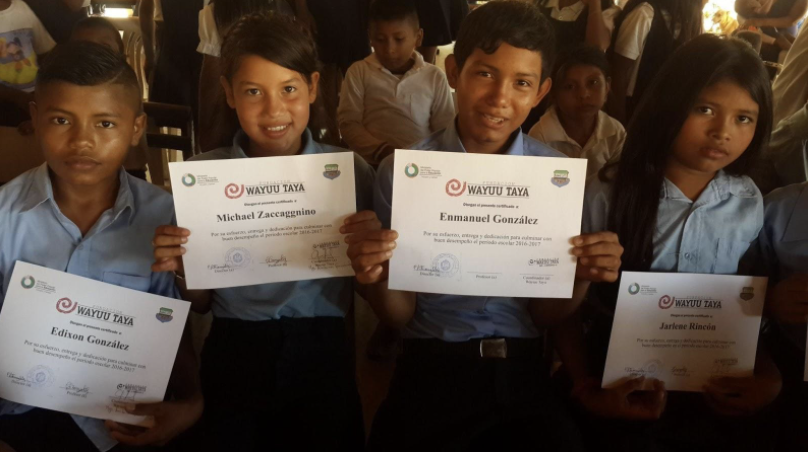
Education and livelihood opportunities in land and resource management are available for Indigenous Peoples in small communities across at-risk regions. These activities can provide economic and food security and present a major opportunity for ecological preservation and regeneration. Indigenous People have, for generations, lived in harmony off the land and are ultimately well-positioned to engage commercially with its bountiful resources. Developing these programs with a localized vision empowers Indigenous communities to have greater ownership and builds confidence.
“Against a backdrop of incessant wars, disease, and natural and man-made disasters, Indigenous communities have always endured. There is a reason for it. Their customary knowledge has been past down from generation to generation. And their resiliency has made them strong.” – Patricia Velásquez, President, The Wayúu Tayá Foundation
Indigenous communities have traditionally been aligned to a healthy ecosystem. The shared vision to respect their ancestral lands while preserving the world’s heritage will increase self-esteem and their ability to build sustainable businesses that will provide a positive impact for future generations.
Project Apüna is an inspiring, scalable and inclusive model, developed by The Wayúu Tayá Foundation in support of Indigenous Peoples in Venezuela, that links education, culture, land management, food security and economic stability for more resilient communities and a healthy environment.
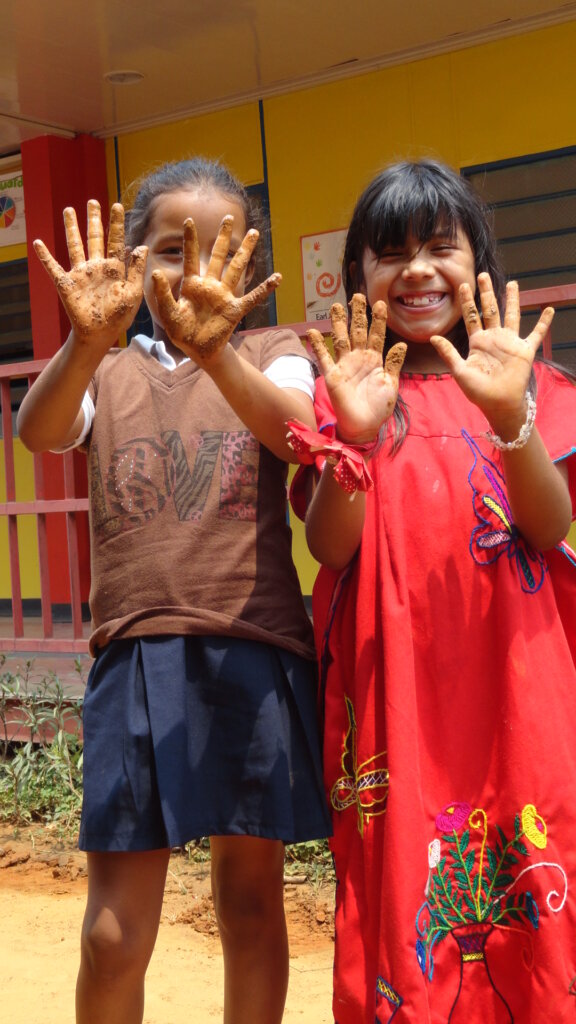
For further information, please visit: https://wayuutaya.org/
